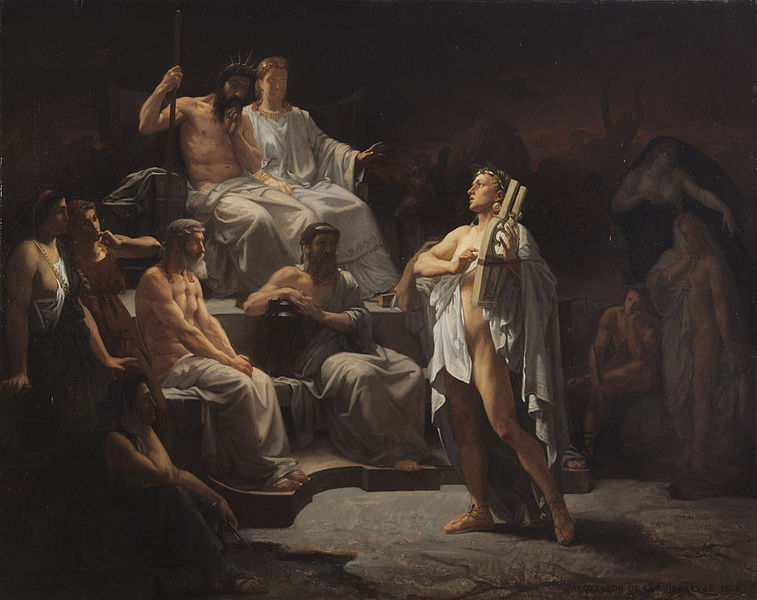Question: Given the rules of my world as explained below, how can I justify "The First Iron Law of Necromancy?"
A living person can't simply raise the dead from their slumber, only somebody who is dead, themselves, can do it. This fact is reflected in "the first iron law of necromancy," which is commonly known by all practitioners of all kinds of magic. I would like to see possible reason for this law.
The Rules Thus Far
In necromancy, the word "dead" has a more precise meaning than in everyday speech.
A living person (regardless of species) has a soul. Compare this to, for example, plants, which have a living biological process, but do not have souls. In necromancy, a plant cannot be dead because, not having a soul, it was never "alive" to begin with.
A person is "alive" when their soul is not in the world of the dead, not even partly. Their soul is entirely in the world of the living.
A person is dead when their soul is either entirely or partly in the world of the dead. Once a soul has entered that world it cannot entirely leave it.
An undead person is one whose soul has been stretched between the two worlds. They are not partly alive and partly dead, they are 100% dead, as if you have a soul you can be either entirely alive or entirely dead, with no gradation between them.
Raising the dead means to stretch souls of the dead from the world of the dead partly into the world of the living, i.e. make them undead.
Because it is impossible to escape the world of the dead it is impossible to be fully resurrected. This is "The Second Iron Law of Necromancy," true resurrection (bringing a soul entirely into the world of the living) is impossible.
To get ability to raise the dead you need to pay a price: In order to become a necromancer you need to perform a ritual that will kill you, but at the same time will preserve some of your connections with the world of the living. You become, in my world, a lich. The ritual must be executed flawlessly or the wanna-be-necromancer will be just plain dead.
Many people would like to raise the dead without performing the ritual and paying the price. But alas, this is impossible.
You can help me to explain why it's impossible to break the First Iron Law of Necromancy and thus avoid need to perform the ritual.

